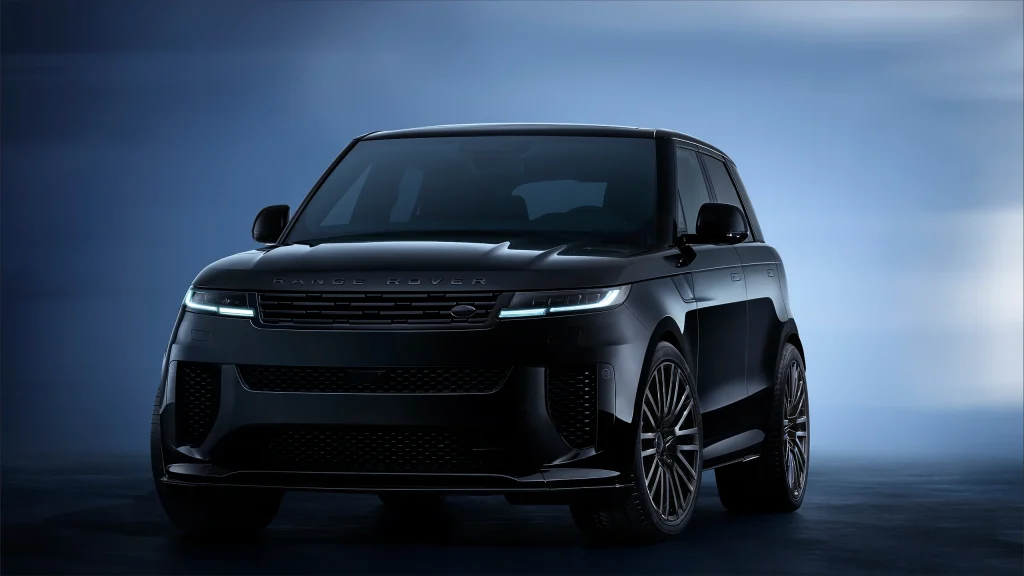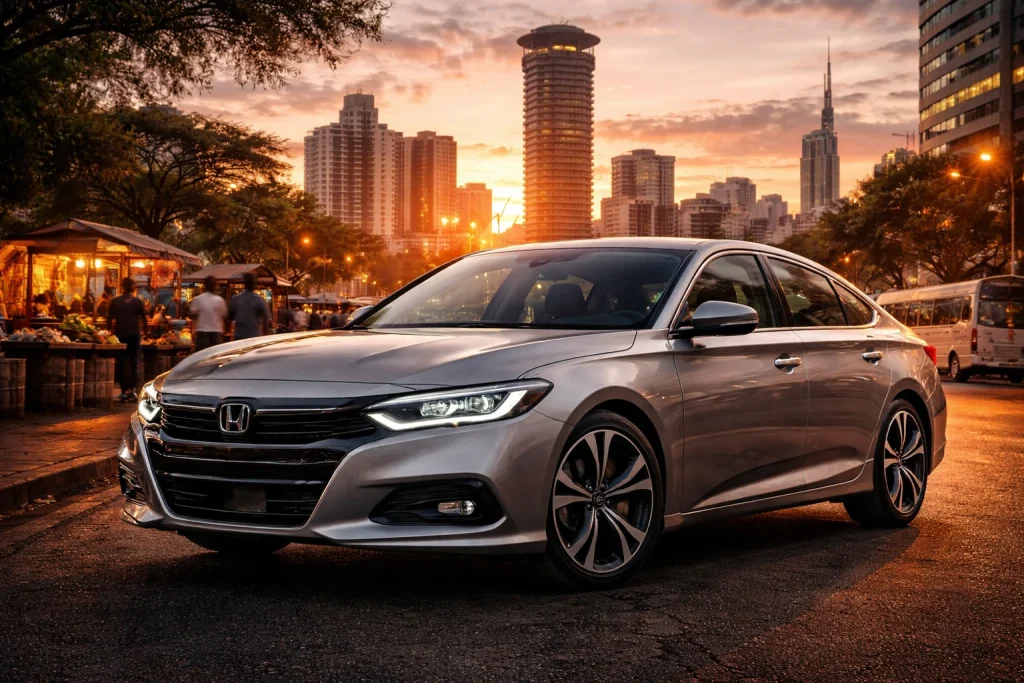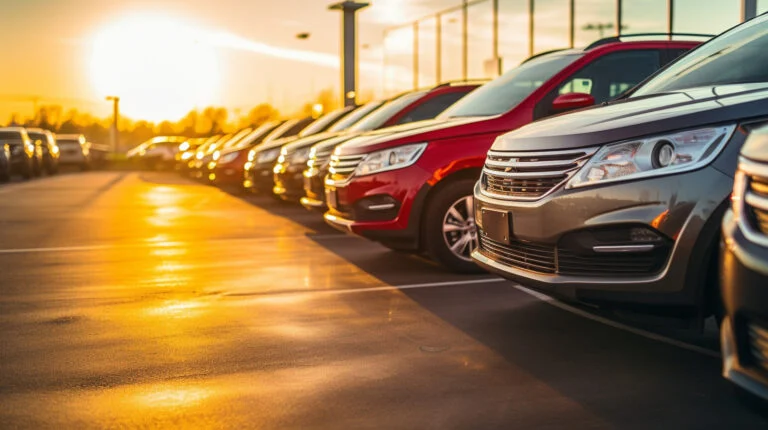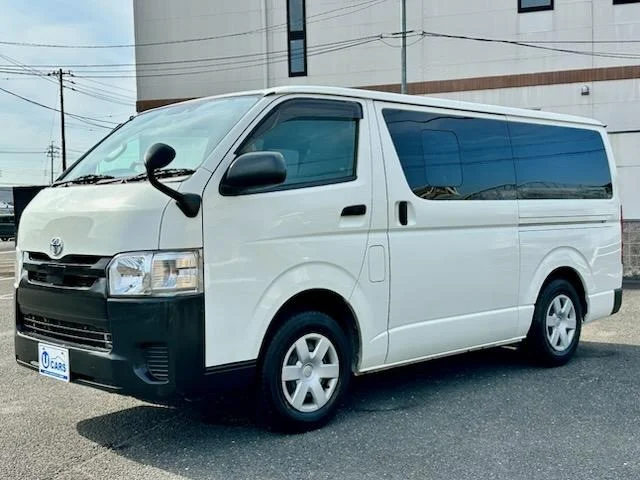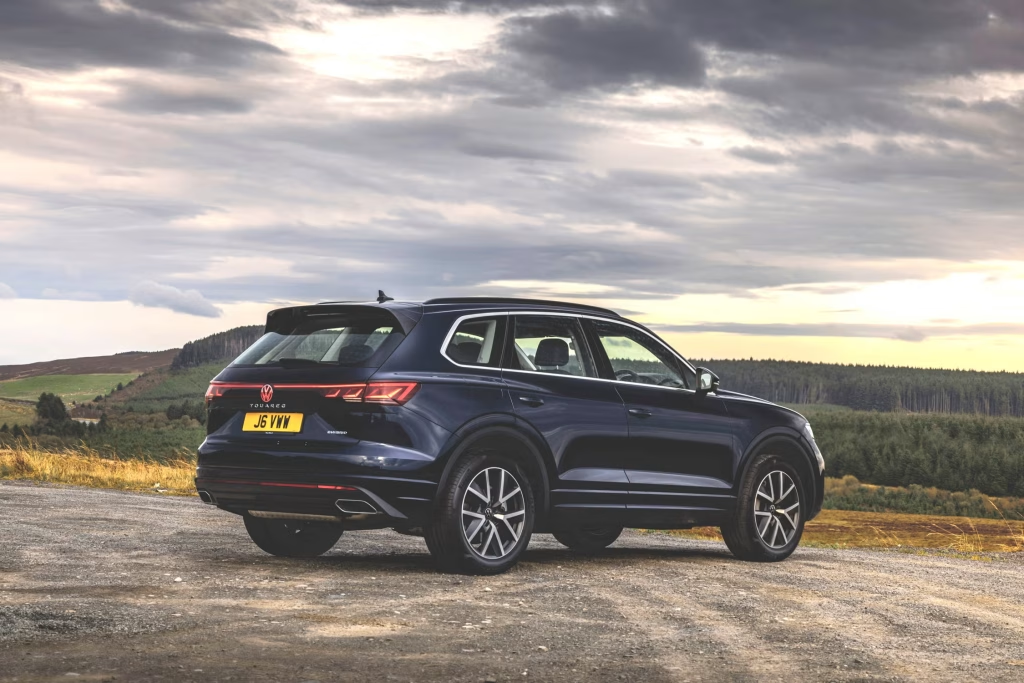For many Kenyans, buying a car is not just about transport — it is a long-term investment. One of the smartest ways to own a vehicle today is to import car to Kenya rather than buy locally.
Imported cars usually:
- Cost less than showroom models.
- Have lower mileage than most locally used cars.
- Give you better specifications and features.
- Allow you to choose from a wide variety of models.
With CarsKenya services, you can import cars Kenya directly from Japan, UK, or Singapore with just a 30% deposit through car import financing. The process is transparent, and delivery is made door-to-door anywhere in Kenya.
But the big question is: how do you choose the right car to import to Kenya? Let’s break it down.
Step 1 – Understand Kenyan Car Import Regulations
Before you import, you must know the laws.
- Age Limit: Kenya allows importation of cars up to 8 years old from the year of first registration.
- Inspection: All vehicles must be inspected by KEBS (Kenya Bureau of Standards) before shipment.
- Left-Hand Drive Restriction: Only right-hand drive cars are allowed (except for special cases like ambulances).
- Import Duties: Import duty, excise duty, VAT, and railway levy all apply.
This means if you are planning to import car to Kenya in 2025, you should target 2018 models and newer.
Step 2 – Consider Your Needs
When choosing a car, always ask:
- Daily use: Do you need it for family, business, or personal commuting?
- Fuel economy: Petrol, diesel, or hybrid?
- Terrain: Nairobi city roads, Mombasa coast, or rural upcountry roads?
- Budget: What’s your maximum spend including clearance and taxes?
- Resale value: Does the car hold value well in Kenya?
This will help you narrow down the type of vehicle that makes sense.
Step 3 – Popular Car Categories in Kenya
1. Small Hatchbacks (Affordable City Cars)
Perfect for first-time buyers, fuel efficient, easy to park.
Examples & Specs:
- Toyota Vitz (2018–2020)
- Engine: 1.3L petrol
- Fuel economy: 18–20 km/l
- Price landed Kenya: Ksh 1.3M – 1.6M
- Honda Fit (2018–2020)
- Engine: 1.5L petrol/hybrid
- Fuel economy: 18–22 km/l
- Price: Ksh 1.4M – 1.8M
2. Compact Sedans
Reliable for professionals and small families.
Examples:
- Toyota Axio (2018–2020)
- Engine: 1.5L petrol
- Fuel economy: 16–18 km/l
- Price: Ksh 1.7M – 2.1M
- Mazda Axela (2018–2020)
- Engine: 1.5L–2.0L petrol
- Fuel economy: 15–17 km/l
- Price: Ksh 1.8M – 2.3M
3. Compact SUVs (Most Popular in Kenya)
The sweet spot for most Kenyan buyers — practical, reliable, family-friendly.
Examples:
- Toyota RAV4 (2018–2020)
- Engine: 2.0L petrol / 2.5L hybrid
- Fuel economy: 14–20 km/l
- Price: Ksh 4.5M – 5.5M
- Mazda CX-5 (2018–2020)
- Engine: 2.0L / 2.5L petrol
- Fuel economy: 12–14 km/l
- Price: Ksh 4M – 5M
- Nissan X-Trail (2018–2020)
- Engine: 2.0L petrol / hybrid
- Fuel economy: 15–18 km/l
- Price: Ksh 3.8M – 4.5M
4. Family SUVs
Spacious, comfortable, good for road trips and larger families.
Examples:
- Toyota Harrier (2018–2020)
- Engine: 2.0L petrol / 2.5L hybrid
- Fuel economy: 12–20 km/l
- Price: Ksh 4.8M – 5.5M
- Subaru Forester (2018–2020)
- Engine: 2.0L petrol / hybrid
- Fuel economy: 12–18 km/l
- Price: Ksh 4.2M – 5.2M
5. Luxury SUVs (Executives & Prestige Buyers)
For buyers who want status and comfort.
Examples:
- Toyota Prado (2018–2020)
- Engine: 2.8L diesel / 4.0L petrol
- Fuel economy: 9–11 km/l
- Price: Ksh 8M – 10M
- Toyota Land Cruiser V8 (2018–2020)
- Engine: 4.5L diesel / 4.6L petrol V8
- Fuel economy: 6–8 km/l
- Price: Ksh 12M – 15M
6. Hybrid Cars (The Future of Driving)
More Kenyans are now going for hybrids to cut fuel costs.
Examples:
- Toyota Prius (2018–2020)
- Engine: 1.8L hybrid
- Fuel economy: 20–25 km/l
- Price: Ksh 2.2M – 2.6M
- Toyota Corolla Cross Hybrid (2020)
- Engine: 1.8L hybrid
- Fuel economy: 23 km/l
- Price: Ksh 3.8M – 4.5M
These hybrids are among the best cars in Kenya 2025 for long-term savings.
7. Pickups and Vans (Work and Business Use)
Examples:
- Toyota Hilux (2018–2020)
- Engine: 2.4L diesel
- Fuel economy: 10–12 km/l
- Price: Ksh 4.8M – 5.5M
- Toyota Hiace Van (2018–2020)
- Engine: 2.5L diesel
- Fuel economy: 9–11 km/l
- Price: Ksh 3.5M – 4.2M
These are practical for entrepreneurs, SACCOs, and business owners.
Step 4 – Check Resale Value
When you import car to Kenya, think long-term.
Models like Toyota Prado, Toyota Harrier, and Subaru Forester hold strong resale value. Small hatchbacks like Vitz and Honda Fit also sell fast because of high demand.
This makes them smart car investment Kenya choices.
Step 5 – Budgeting and Car Import Financing
One of the challenges is raising the full amount upfront. That’s where car import financing comes in.
With CarsKenya services:
- You pay just 30% deposit.
- CarsKenya ships, clears, and delivers your car.
- You settle the balance through flexible payments.
This helps more Kenyans import cars without strain.
Step 6 – Avoid Scams and Fake Dealers
The car import industry has its share of fraud. Protect yourself by:
- Using trusted companies like CarsKenya.
- Checking the car’s auction sheet for real mileage.
- Avoiding deals that sound “too good to be true.”
CarsKenya ensures transparency and safety in every step of the process.
Final Thoughts – Choosing the Right Car in 2025
When you import car to Kenya, think about your needs, your budget, and long-term value.
- For affordability → Toyota Vitz, Honda Fit.
- For families → Toyota Harrier, Nissan X-Trail.
- For prestige → Toyota Prado, Land Cruiser V8.
- For savings → Toyota Prius, Corolla Cross Hybrid.
- For business → Toyota Hilux, Toyota Hiace.
These are some of the best cars in Kenya 2025 to buy and hold.
And with CarsKenya services, you don’t just import a car — you import peace of mind. With 30% deposit, car import financing, and door-to-door delivery, you’re assured of a smooth journey from selection to ownership.
✅ Ready to import your next car?
Call CarsKenya today on 0713 147 136 or visit carskenya.co.ke to start your import journey.

